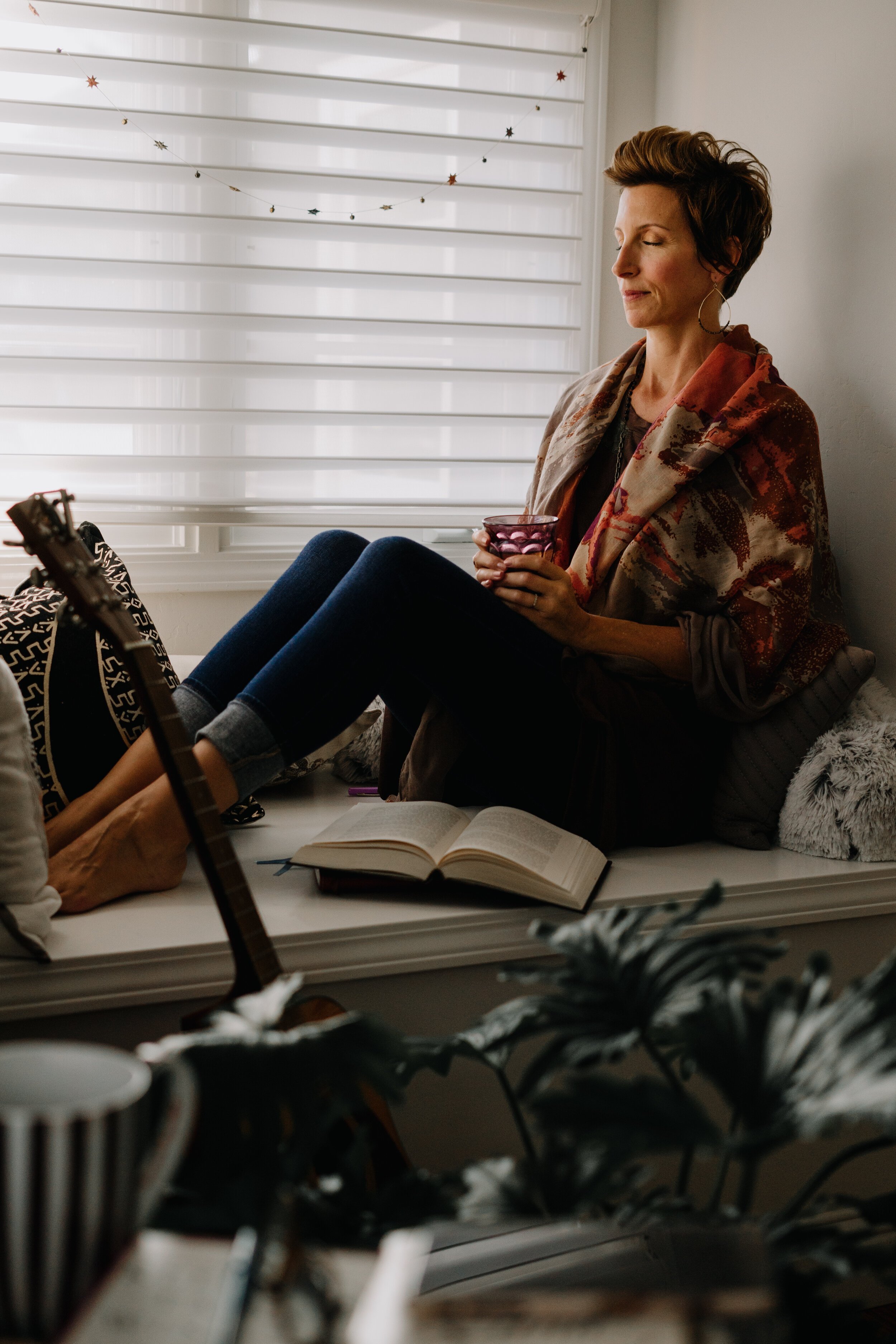The importance of feeling safe
FEELING SAFE ISN'T JUST AN EMOTIONAL NICETY.
When we feel threatened, our biology steps in. Hormones are released that increase the heart rate, blood pressure and blood flow, small airways in the lungs expand, our vision narrows as our other senses sharpen. We can't control any of this. This response is millions of years old and happens without thought.
My Sleep Test
I've tried everything under the sun. Tinctures, herbs, OTC sleeping aids, pharmaceutical drugs, natural remedies, eating certain things, not eating other things, all kinds of body practices...and some of it worked for a while, but not consistently.
I felt totally helpless and hopeless upon going to bed -- will this be a good night's sleep or not? The question itself creates an anxiety loop that makes sleep less and less likely.
Two New Workshops
The shift from winter to spring can be tricky for the body, digestion and sleep. In our climate, winter is cold and spring is generally wet — qualities that together can create mucous, heaviness and sluggishness in energy and digestion.
Sleepy Time
As a long-time insomniac, I have tried every prescription, over-the-counter, mail order remedy I can find. I have a drawer of things that didn't work, including those that actually made me jittery and anxious rather than relaxed.
And from conversations I've had with just about every group I've been a part of lately, I am not alone.
The Magic Pill
Our brains are constantly making predictions based on our concepts and past experience to interpret the pleasant and unpleasant sensations in our bodies. The feedback from the body (in the form of sensation) about how the physical systems are working is called interoception -- being aware of the internal world.
Those concepts and guesses are how we make sense of sensation so we know what caused the sensation and what to do about it. More intense sensations are used to make emotions; less intense sensations are used to make thoughts and beliefs.







